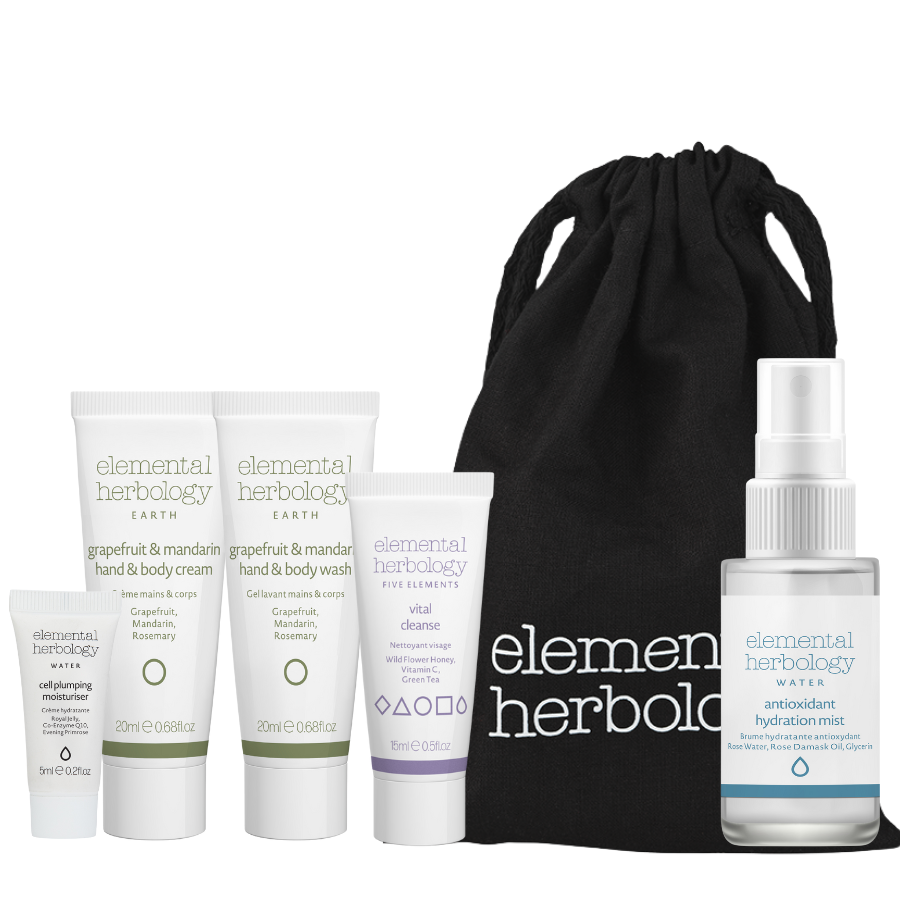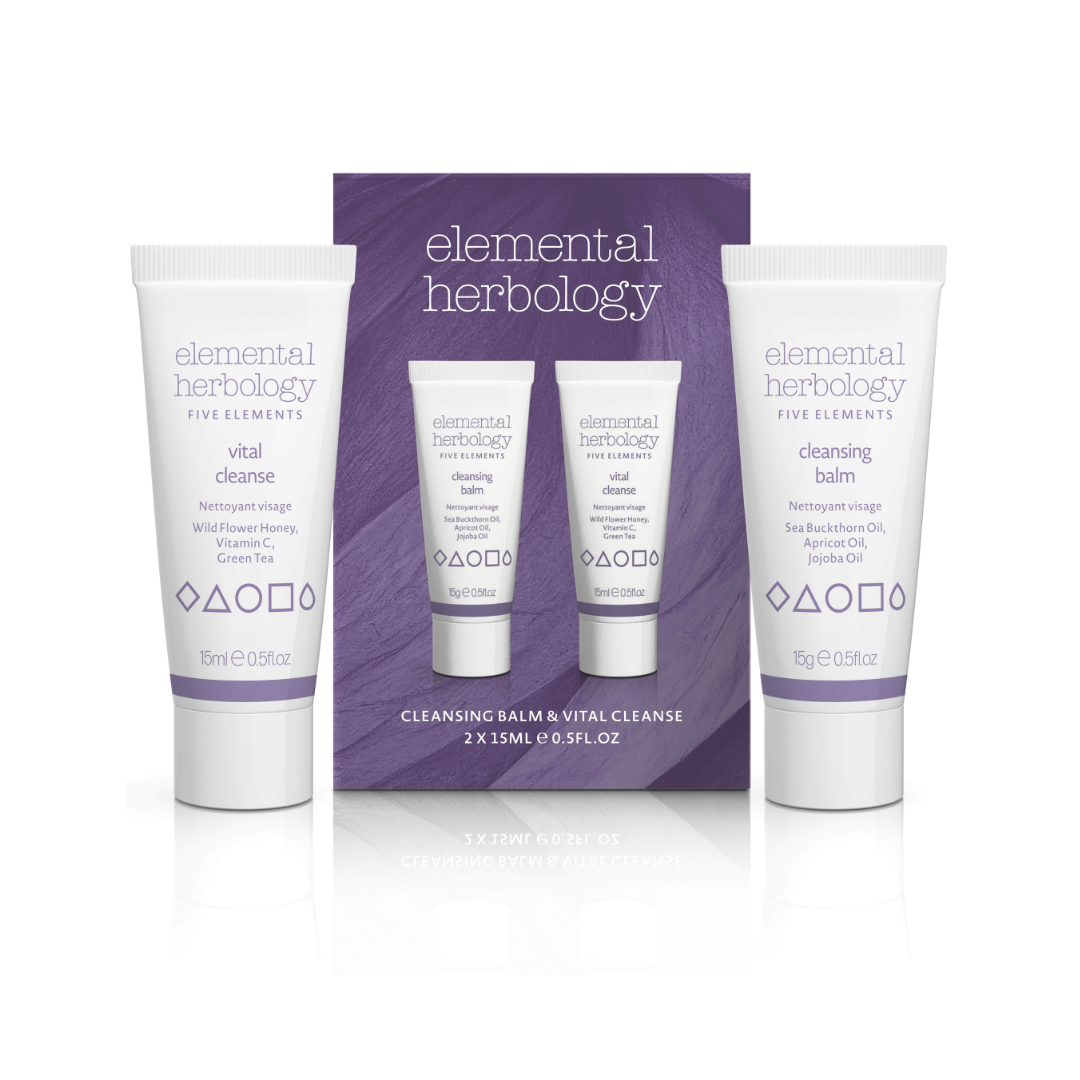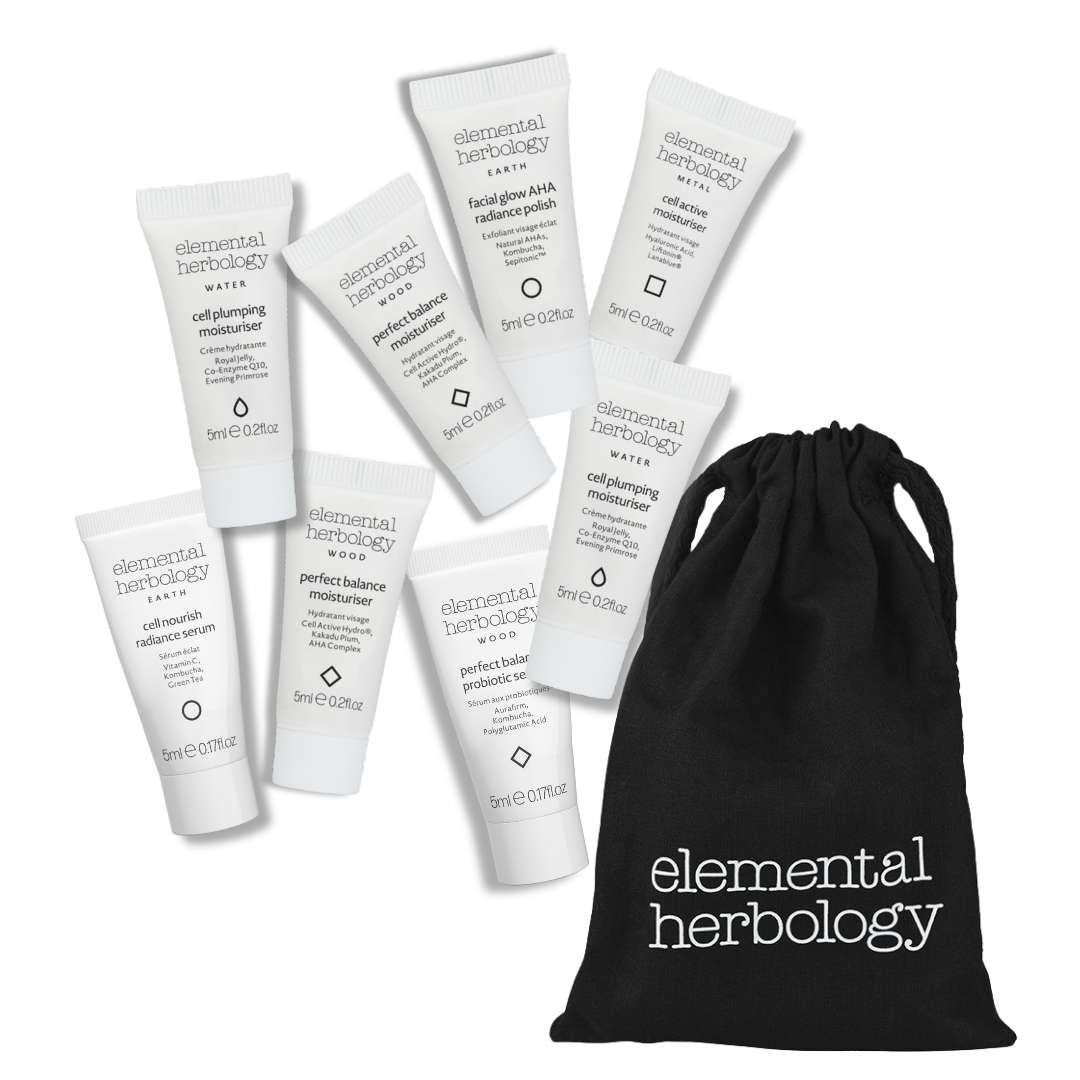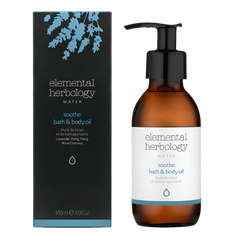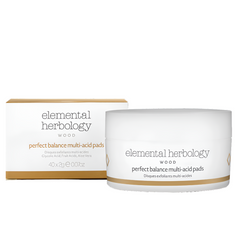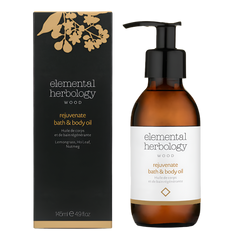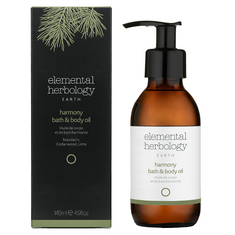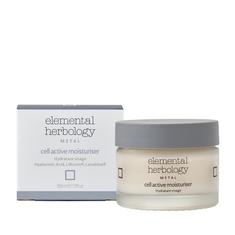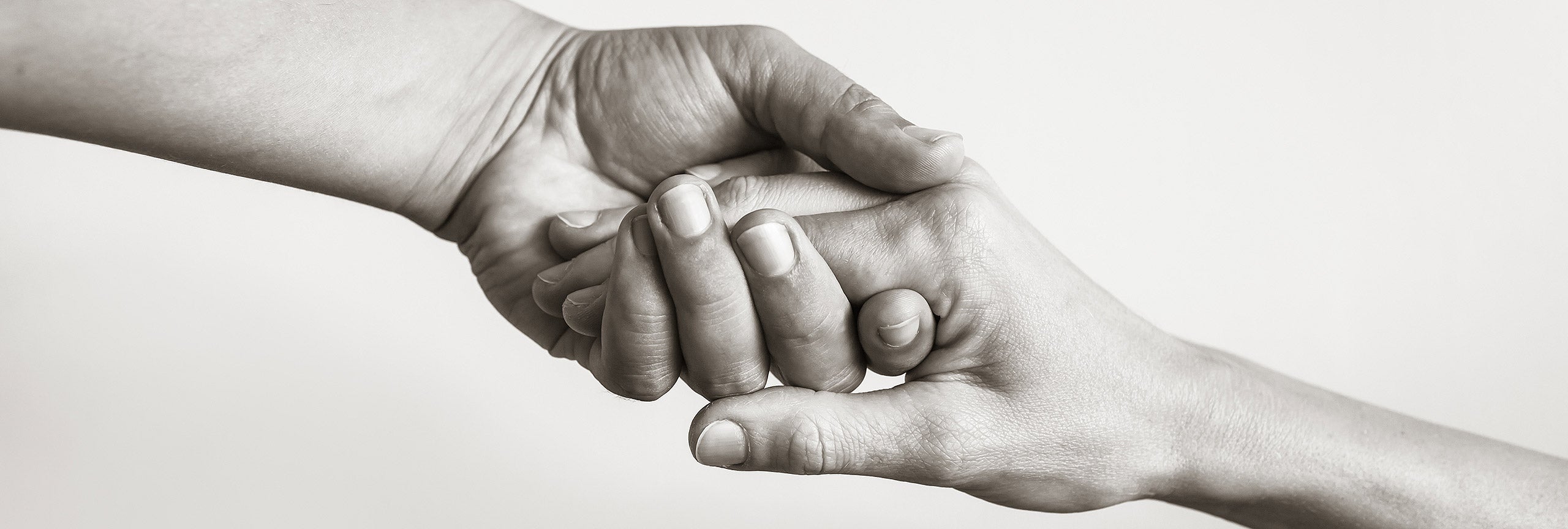Jasmin’s* story- In Partnership with Hestia
This Christmas, we're supporting crisis charity, Hestia in their Domestic Abuse Prevention campaign, helping to shine and light on the cause and share life-changing resources to help adults and children affected by domestic abuse in the UK. Hestia aims to prevent domestic abuse through a number of national programmes, campaigns and digital tools, as well as by sharing survivor stories to give hope and solidarity to those experiencing abuse.
We wanted to share Jasmin's* story to highlight the importance of talking to friends and family, should you feel they are at risk of abuse. Jasmin* shares useful tools that offer guidance on how to begin difficult conversations, and how to seek help should your loved one need it.
At Elemental Herbology, we pledge to donate 10% of proceeds from our Christmas Collection to support Hestia's resources and directly aid victims of abuse in the UK.
Jasmin’s* story
When I was experiencing domestic abuse, no one asked me the right questions or invited me to talk about it. I felt completely isolated.
Friends and family don’t really know how to start the conversation about it. There can be a lot of shame attached to domestic abuse and loved ones often feel uncertain about what’s going on. I know people also question whether they would be interfering, or whether their loved one would even want them to start a conversation about it.
Since being supported by Hestia, I’ve found it a lot easier to start the conversation with other loved ones that I’ve been worried about, using the Bright Sky app.
I had one friend who had been in an abusive marriage. Even when the marriage ended, the abuse didn’t. She was experiencing financial and online abuse. Using the app’s ‘Am I at risk?’ questionnaire, I was able to show her that what she was experiencing was still abuse. It gave her the clarification she needed. We used the app’s Online Safety Guide to work out how she could protect herself online.
There was another incident where I found one of my neighbours in distress. I started the conversation and she opened up about what was happening at home. I remember she said: “Oh, you know, he isn’t physical with me or anything like that”. Using the same questionnaire in the app, I was able to get her to identify the signs of abuse, like whether he was documenting her movements.
A lot of people aren’t sure whether what they are experiencing is abuse. The app helps to clarify that yes, that behaviour is abusive, and that you may be at risk.
My neighbour didn’t know where to turn to, so I showed her the app’s directory of support services. Even if she didn’t want to contact any of them, it can provide peace of mind for people to know that support is available.
When someone tells you that they’re experiencing domestic abuse, being able to show them that support services are available is so important. Listening to someone and believing their experiences is vital too. At first, I wasn’t believed. I know that disbelief can stop people from reaching out for help again. The app provides a list of ways that you can help as a friend or family member, with listening patiently being the first step.
One in four women experience domestic abuse in their lifetime – it’s so common. Even if you don’t experience it yourself, most people will know someone who is or will. That’s why having the app on your phone is such a simple step we can all take to make sure we know how to support someone if we are ever in that situation.
Jasmin’s* name has been changed

